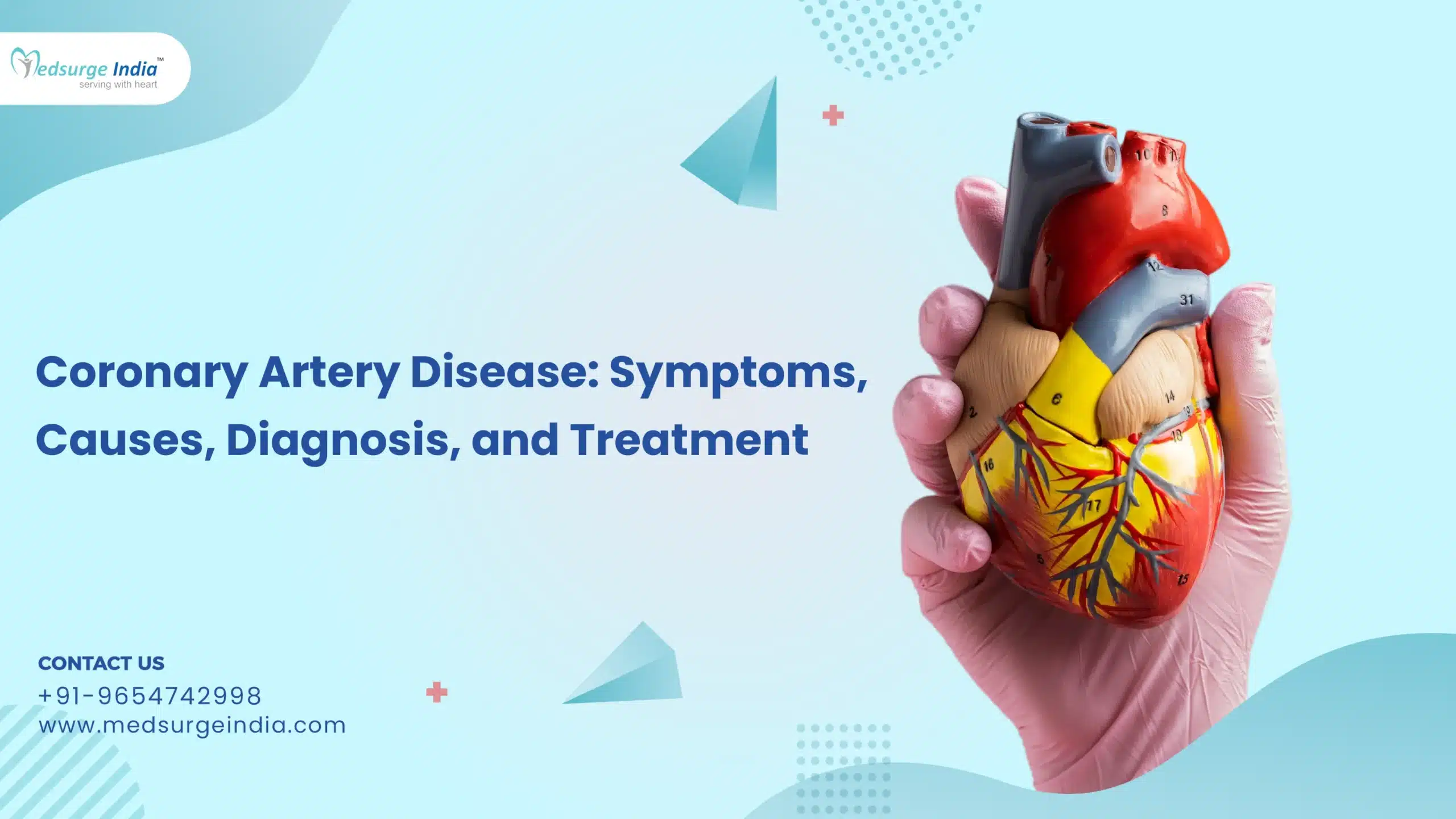
Liver Transplant in India
The liver is the second largest organ in the body only next to the skin. It is a vital organ that performs multiple functions crucial for survival. It is also the only organ in the body capable of regeneration. Studies show that even if 70% of the liver is damaged, the remaining liver can adequately function to meet the needs of the body. Unfortunately, some diseases are capable of destroying the liver up to the point where it loses its function.
Doctors have carried out liver transplant in India since 1998. The number of liver diseases in India has increased tremendously during the past decades. Each year, about 50,000 new livers are required for transplantation, and thousands of liver transplants are performed annually in India with a high success rate. Most liver transplant in India are live transplants where the donated liver is from a living person.
What Is Liver Transplant?
A liver transplant is a surgical procedure where the damaged liver is replaced with healthy liver tissue. It is a life-saving procedure for those who suffer from end-stage liver disease and acute liver failure.
Types of Liver Transplant
There are two types of liver transplant procedures depending on whether the donated liver is obtained from a live donor or a deceased person.
- Living donor transplant – It is possible to obtain liver tissue from a living donor because of the liver’s ability to regenerate. Even only 25% of the liver can perform sufficient function so a healthy person can usually tolerate it even if a large portion of the liver is removed.
To fully recover from the procedure, patients typically require a liver that is between 0.8 and 1% of their body weight, thus according to this, a right lobe is usually taken for adult patients, a left lobe for adolescents, and a left lateral segment for small children.
- Deceased donor transplant – A liver obtained from a deceased donor will usually be given to the first patient on the waiting list if the size of the liver and blood group of the donor and recipient match. Generally, the whole liver is transplanted, if not it can be divided into two and offered to two patients if possible.
A living donor transplant is more complex and difficult to carry out. Ironically, 90% of liver transplant in India are of living donor liver transplants.
What Conditions Lead To the Requirement of Liver Transplant?
Liver transplant in India are conducted for those who suffer from end-stage liver disease or acute liver failure. Common conditions that lead to the requirement for liver transplant are:
- Hepatitis B and C.
- Liver cancer.
- Genetic abnormalities that affect the liver such as hemochromatosis and Wilson disease.
- Diseases of bile ducts such as bile cirrhosis, biliary atresia, and primary sclerosing cholangitis.
- Alcoholic liver disease occurs due to excessive consumption of alcohol that damages the liver.
- Nonalcoholic fatty liver disease is a disorder where fat accumulates in the liver and damages or inflames liver cells.
What Makes It Desirable To Have Liver Transplant in India?
A large number of international patients choose to undergo liver transplant in India due to the high success rate and highly skilled team of transplant surgeons, and other medical professionals. Furthermore, India offers cutting-edge infrastructure and contemporary facilities outfitted with the most recent technologies to ensure the best outcomes for the patients.
Additionally, the majority of Indian hospitals have teams that collaborate closely with other specialists to offer pre-transplant evaluations, supportive care, and long-term follow-up. The cost-effectiveness of receiving a liver transplant in India is another factor. For a fraction of the price of patients in other countries, patients can undergo a liver transplant in India with excellent care and a successful outcome.
Liver Transplant Procedure
A liver transplant is always conducted under general anesthesia to make the procedure painless. An incision will be made across the stomach to access the liver. The surgeon will cut out the damaged part of the liver or entirely remove the liver depending on the type of the procedure. After that, the healthy liver will be placed inside the body and connected to the bile ducts and blood vessels.
Generally, liver transplant in India typically last for 12 hours although the exact duration will vary depending on different circumstances. Once the transplantation is done, the incision will be stitched closed and the patient will be taken into the recovery room.
Best Liver Transplant Hospitals in India
- Indraprastha Apollo Hospital New Delhi
- Fortis Hospital Gurgaon
- Fortis Escorts Hospital New Delhi
- Artemis Hospital Gurgaon
- Global Hospital Chennai
- Apollo Hospitals, Greams Road, Chennai
- Max Hospital Saket, New Delhi
- KIMS Hospital Hyderabad
- MGM Healthcare, Chennai
- Kokilaben Dhirubhai Ambani Hospital Mumbai
Risks Associated With Liver Transplant
Liver transplant is a complex procedure and it has significant risks associated with it. Some complications are due to the result of the procedure while some are associated with medications to prevent organ rejection. Some of the associated complications are:
- Leaking or shrinking of bile ducts.
- Failure or rejection of the donated organ.
- Bleeding and blood clots.
- Infection.
- Seizure and mental disturbance.
To suppress the immune system, immunosuppressants will be given to you after having a liver transplant in India. The aim is to prevent the chances of organ rejection. But it can also cause unwanted complications as it weakens the immune system. Common complications that can result from taking immunosuppressants are:
- Bone thinning.
- Hypertension.
- High cholesterol.
- Diabetes.
- Diarrhea.
- Headache.
Recovery From A Liver Transplant
Eating a well-balanced diet is especially important after a liver transplant to support your recovery and maintain the health of your liver. You may decrease your intake of salt, fat cholesterol, and sugar. Follow these tips to maintain your diet and well-being.
- Drink plenty of water to stay hydrated.
- Include more fruits and vegetables in your diet.
- Consume enough fiber and choose whole-grain food instead of processed foods.
- Do not drink alcohol
- Avoid grapefruit and grapefruit juice as they can interact with immunosuppressive drugs.
- Consume more meat, fish, and poultry.
Exercise plays a critical role in improving the health, physically and mentally. Walking is a simple but beneficial exercise you can perform during your initial recovery. Based on your improvement you can incorporate further physical activities. Try to include low-impact exercises such as swimming, walking, and cycling in your routine.
Reasons Why You Should Get a Liver Transplant in India?
Common factors that make India a preferred choice as a destination for liver transplants are:
- Low cost of living.
- Experienced doctors.
- High competition in the medical field.
- Strong pharmaceutical industries
- Facilities for follow-up procedures.
- Lesser documentation and more simplicity of the step.
Liver Transplant FAQ’s
Q: How Long Can A Patient Live After Liver Transplant?
A: Patients having liver transplant typically have longer life expectancies than ten years. Many patients might live after the transplant for twenty years or even longer. According to research, 70% of recipients of transplants live for at least five years following their procedure, while 90% of recipients survive for at least a year.
Q. What is the Cost of a Liver Transplant in India?
A: The average cost of liver transplant in India is Rs. 20 lakh to 35 lakh ($24,000 to $42,000). However, the cost doesn’t include anything like postoperative complications, overstays, medication, etc.
Q: What Is The Age Limit To Be A Liver Donor?
A: To donate a liver, you must be a willing adult between the ages of 18 and 60 in order to. You should be ready to dedicate yourself to the surgical procedure, recuperation, and pre-donation evaluation. It is essential to maintain good physical and mental health.
Q: Why Do Organ Rejection Happen in A Liver Transplant?
A: When the recipient’s body begins to attack the donated liver, it is called rejection. It occurs when the immune system believes the liver is a foreign substance as it comes from a different person. Rejection can still happen even with immunosuppressive medications.
Q: What Will Happen If The Donated Liver Is Rejected?
A: Acute cellular rejection (ACR) of the transplant occurs in around 15% of the patients. In most cases it can be reversed if detected early, highlighting the importance of looking out for any early signs of rejection. ACR does not usually affect the long-term graft or survival.
Q: What Is The Success Rate of Liver Transplant In India?
A: Numerous studies showed that patients with acute liver failure who underwent liver transplant in India had a survival rate ranging from 64% to 88%. India has conducted liver transplant surgeries since 1998.












